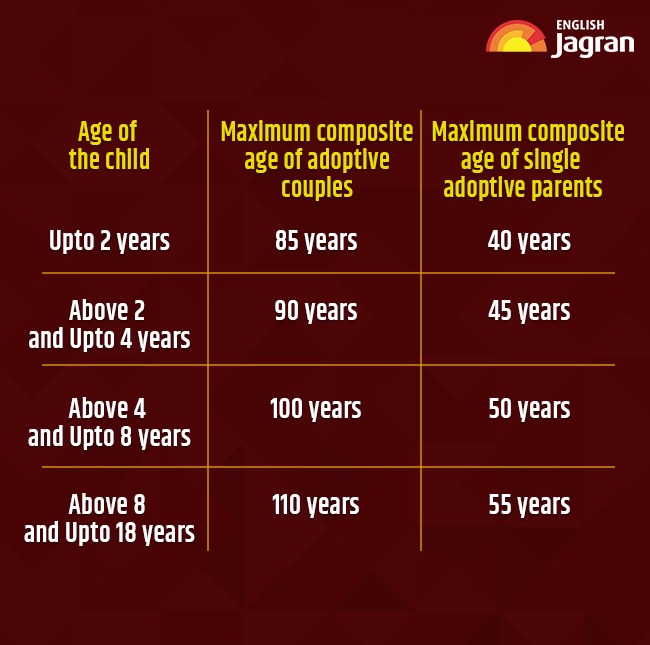- By Mayukh Debnath
- Wed, 18 Oct 2023 07:11 AM (IST)
- Source:JND
Same-Sex Marriage: The Supreme Court on Tuesday ruled against granting adoption rights to queer couples. A five-judge bench delivered the verdict while hearing a batch of petitions on the grant of marriage and adoption rights to non-heterosexual couples. Headed by Chief Justice of India DY Chandrachud, the bench delivered a split verdict, saying that civil union or marriage rights for queer couples should be decided upon by the Parliament or state Legislative Assemblies
CJI Chandrachud, in his observation, held that adoption guidelines in India framed by the Central Adoption Resource Authority (CARA) are in violation of Article 15 of the Constitution as it prohibits queer and unmarried couples from adopting children. Article 15 of the Constitution states that "the State shall not discriminate against any citizen on grounds only of religion, race, caste, sex, place of birth".
What Is CARA?
The Central Adoption Resource Authority (CARA) is a statutory body of the Ministry of Women & Child Development. It functions as the nodal body for the adoption of Indian children and is mandated to monitor and regulate in-country and inter-country adoptions. CARA was set up in 1990.
CARA Guidelines On Adoption Of Children:
1. CARA regulations require potential adoptive parents to be physically, mentally, emotionally, and financially capable of raising a child. The prospective adoptive parents shall also not have any sort of life-threatening health condition. CARA regulations also stipulate that potential adoptive parents have no criminal history, including any conviction in criminal acts of any nature or accused in any case of child rights violation.
2. Any prospective adoptive parents, irrespective of their marital status and whether or not they have a biological son or daughter, can adopt a child subject to the following, namely:-
a) The consent of both spouses for the adoption shall be required, in the case of a married couple.
b) An unmarried, divorced, or widowed woman can adopt a child of any gender.
c) An unmarried, divorced, or widowed man can adopt only a male child.
3. As per CARA regulations, a couple is not eligible to adopt a child unless they have had at least two years of stable marital relations. An exception to the rule applies in cases of adoption by relatives or a step-parent.
4. CARA's guidelines require the age of prospective adoptive parents and the age group of a potential adoptee to be taken into consideration. The age of prospective adoptive parent(s) that should be considered under this rule shall depend on how old they are on the date of registration for adoption. Following is the criteria that applies for the adoption of children belonging to various age groups:

Note: CARA guidelines require the minimum age difference between the child and either of the prospective adoptive parents to not be less than 25 years.
5. In the case of a couple, the combined age of the prospective adoptive parents shall be considered.
6. The age criteria for prospective adoptive parents is waived off in case of adoption by relatives or by a step-parent.
7. Couples with two or more children shall only be considered for special needs children as specified in clause (25) of regulation 2, and hard-to-place children as stated in clause (13) of regulation 2 unless they are relatives or step-children.
8. The prospective adoptive parents have to revalidate their Home study report after a period of three years.
9. The seniority of the prospective adoptive parents who have not received a single referral within three years shall be counted from their date of registration except those who have crossed composite years of one hundred ten years.

